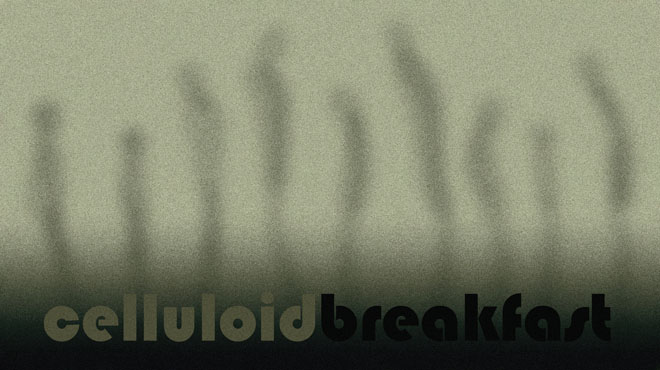Fassbinder could never be accused of lacking ambition, and in The Niklashausen Journey he becomes his most politically direct. The film uses anachronisms to invite reevaluations of contemporary German politics, with particular resonance with the possible reunification of Germany. He also uses the presence of a medieval peasant amidst modern characters to underline the ridiculousness of revolutionaries comparing themselves to historical figures by dint of their ability to recite ideologies with conviction. One particularly mischievous example sees Böhm preaching Marxist slogans to anyone who will listen, before singing a paean to Lenin. Naturally, a film with such grand aspirations is bound to be uneven, and it is difficult to tell what Fassbinder wanted his audience to make of the characters’ contradictions. As such, it does not have the sincerity of Pasolini’s more overtly political works, sharing more in common with Derek Jarman’s later Jubilee. Uncompromising but unbalanced.






How do the naked bloody zombie women come into play? Is that an axe through her brain? I guess I'll have to watch the movie...
ReplyDeleteHaha, I wish it were that simple. I guess that's probably the most misleading still I could've taken from the film.
ReplyDelete